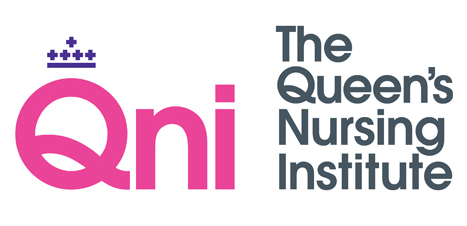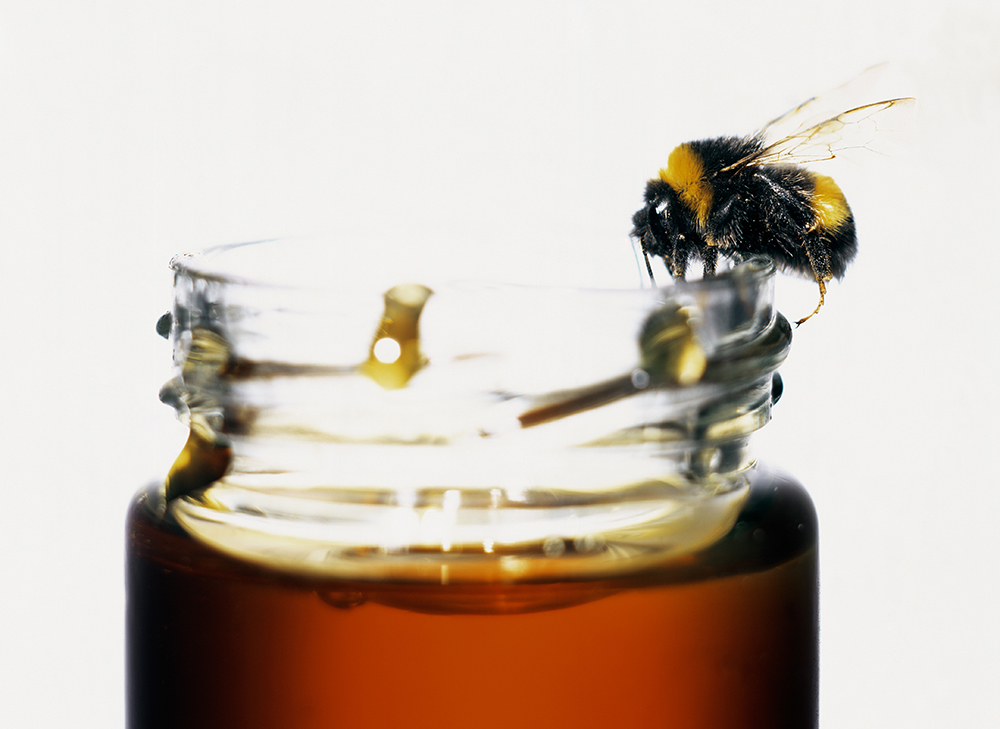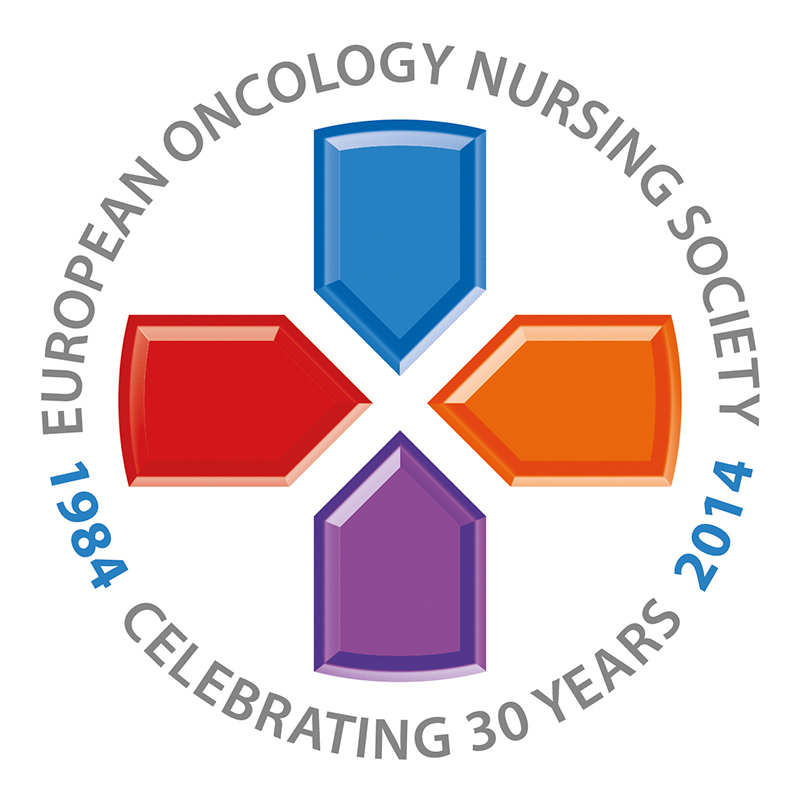


Welcome to the inaugural issue of Primary Care Nursing Review (PCNR)! PCNR is a bi-monthly journal aimed at nurses and other health professionals working in all areas of primary care across the UK.
You may be wondering why on earth we’ve decided to launch another journal – and you wouldn’t be alone in thinking that, it’s crossed our minds once or twice too! However, this is something very different. There is a plethora of worthy nursing and health titles about all aspects of care, but often these are hard work to read and only focus on a limited number of subjects which may not truly reflect the complexity of healthcare issues that arise in your day to day role. How many of you intend to read your favourite journal, but end up just staring at the pile accumulating on the floor thinking ‘I must get around to reading those…’?

The number of District Nurses in England in May 2010 was 7,813; there are now 2,020 fewer.

The developers of Surgihoney have postulated that given the doubts raised about the research methodologies used to demonstrate the effects of manuka honey, clinicians should stop using it and its derivatives.
The Government is consulting on making “wilful neglect” of patients a criminal offence in England. Any health professional successfully prosecuted could face up to five years imprisonment and/or £5,000 in fines, and their employing organisation receiving financial penalties.
The Erasmus Medical Centre, Department of Dermatology, Rotterdam and the Dutch Institute of Allied Health Care, Amersfoort, both in The Netherlands, are currently embarking on the development of International Classification of Functioning, Disability and Health (ICF) Core Sets for Lymphoedema.
Study shows yoghurt consumption reduces the risk of type 2 diabetes

Although honey has been used for wound/infection management for millennia, it was only ‘rediscovered’ as a topical antibacterial agent in 1892. Ian Staples explores the benefits of this remarkable treatment.
Alan Jackson looks at the problem of healthcare and obesity and asks how nurses can find the time to help people lose weight when the overwhelming emphasis is on essential care for their primary condition.
In light of literature which suggests many patients are unable or unwilling to follow self-care activities, Annemarie Brown looks at how post-ulcer healing interventions should focus on minimising recurrence and enabling patients to adapt their lives to living with chronic venous ulceration (CVLU).
Community nurses play a crucial role in the primary health care team, particularly for people with dementia who may be living at home but find it harder to get out of the house for health care appointments. As well as providing direct care, community nurses also have a teaching role, working with patients to enable them to care for themselves or educating family members. Community nurses play a vital role in keeping hospital admissions and readmissions to a minimum and ensuring that patients can return to their own homes as soon as possible.

Sue Smith trained as a State Registered Nurse in the days of re-sterilising bandages and equipment, bottle/bedpan rounds and cooking milk puddings for ‘the gastric patients...’ However, a life-time both in both community nursing and nursing journalism, has given her great insight into the needs of patients.
Today, we are continually being asked to prove our worth, demonstrate effectiveness, and present outcomes which may or may not determine payment. However, at times it’s like we are living in the middle of Heisenberg’s uncertainty principle; the more precisely you measure one quantity, the less precisely you can know another associated quantity; for example, both healing (a) and well-being (b) may be quantities we measure as outcome indicators in wound management. However, if we are being asked to focus on measure (a), which is a likely request from a commissioner, are we in danger of being unable to measure (b), which is probably more important to the patient?
So in order to remove any uncertainty, community nurses must face such challenges head-on and work with commissioners to ensure a patient-centred outcome rather than a resource-centred one. In this article, we look at the role of Clinical Commissioning Groups and hear from both the Chief Operating Officer and the Executive Nurse.
The NHS reforms brought about by the Health and Social Care Act 2012 are being embedded, but the pace and complexity of nursing work continues. In this article, Dr David Foster, Deputy Director of Nursing and Midwifery Advisor, Department of Health, outlines how he and his colleagues support the work you are doing.
The Queen’s Nursing Institute (QNI) is a charity that traces its origins to 1887. Initially established to co-ordinate and set national standards for District Nurse training across the country, it now has a much wider remit.
Here, Crystal Oldman, Chief Executive, talks to Deborah Glover about the history of the QNI, their work today and share some thoughts on the future.
The NMC is currently consulting on their proposed model of revalidation, the process by which registered nurses and midwives are required to demonstrate to the NMC that they remain fit to practise. It promotes greater professionalism among nurses and midwives and also improves the quality of care that patients receive by encouraging reflection on nurses’ and midwives’ practice against the revised Code.
The content and format of the NMC Code will be revised, and supporting guidance specific to revalidation will be developed.
Community nurses, midwives and health visitors serve the population of more than 3 million people in Wales. They meet the health and nursing needs of all age groups and in all locations outside hospital environments such as at home, schools, surgeries, clinics and care homes. They are central to the Government’s aim to reduce the number of unnecessary admissions to hospital and increase early discharges from hospital. People needing community-based support can be sicker or have more complex needs than ever before.
The RCN has submitted its response to a DHSSPS consultation on a community resuscitation strategy for Northern Ireland. The strategy aims significantly to increase the number of people with CPR skills in order to provide assistance to people who suffer an out-of-hospital cardiac arrest, thus increasing their chances of survival. In its response, the RCN welcomes the draft strategy but makes a number of suggestions for strengthening it, particularly in respect of securing ownership within communities.
Nursing leader backs Children and Young People Bill amendment on health visitors.
On the 7th January, MSPs debated whether health visitors should be the ‘Named Person’, i.e., the individual who provides first line support and advice for children aged 0 – five. The RCN Scotland is backing an amendment to the Children and Young People Bill to explicitly state that the health visitor should be the Named Person for this age group, following on from the midwife in the very first days of a baby’s life.

The European Oncology Nursing Society is a pan-European organisation dedicated to the support and development of cancer nurses. Through individual members and national societies we engage in projects to help nurses develop their skills, network with each other, and raise the profile of cancer nursing across Europe.

Within three short months of their daughter Florence’s birth, Judith and Chris Parsons’ world was turned upside down. Eczema was diagnosed and standard creams and emollients for symptom control prescribed.
Currently there is no cure for these distressing and often disabling conditions, and service provision for affected patients appears to be inconsistent. Current recommended treatment is aimed at decreasing swelling, pain and discomfort, using a combination of massage and compression garments known as Complex Decongestive Therapy (CDT), or Decongestive Lymphatic Therapy (DLT).

If you have any comments, opinions or would like to submit an article on any of the topics, Email, Tweet us or leave a comment on Facebook. We would love to hear from you.
1st & 2nd April 2014
York University, York, UK
Wound Care Alliance
11th April
Swansea, UK
NMC
1st May 2014
Hallam Conference Centre, London
8th & 9th May
Birmingham Hilton Metropole, Birmingham
9th & 10th May 2014
Scarman House, University of Warwick
14 -16th May
Madrid, Spain
15th -19th June 2014
Arena and Convention Centre, Liverpool
30th June – 2nd July 2014
Crowne Plaza Hotel, Glasgow
An introduction to Lipoedema Ladies by Michelle Ellis
I found out I had Lipoedema when it was too late. I was 30 and had already developed Lipo-Lymphoedema. I am lucky I was diagnosed at all: there are 3.2 million women in the UK with undiagnosed Lipoedema.
This series takes an educated guess as to what a nurse would do in any given circumstance.
Your contributions are welcome! Send to deborah@pcnr.co.uk
Primary Care Nursing Review is a new digital journal which has been created for users of mobile devices such as smart-phones or tablets. Of course, you can also view the journal content from your desktop screen, but we know that many of you are more likely to be on the move and have your Wi-Fi, 3G, or even 4G-enabled device close by, so we made something specifically for you.
A brief guide to help you navigate the journal. You'll only need to look at this once because it's intuitive and user friendly!